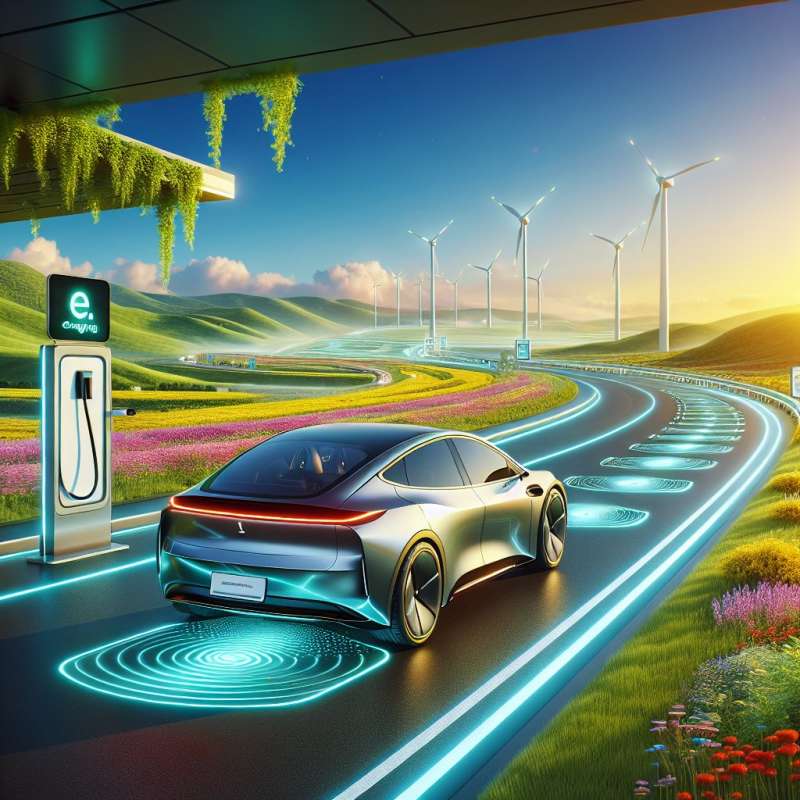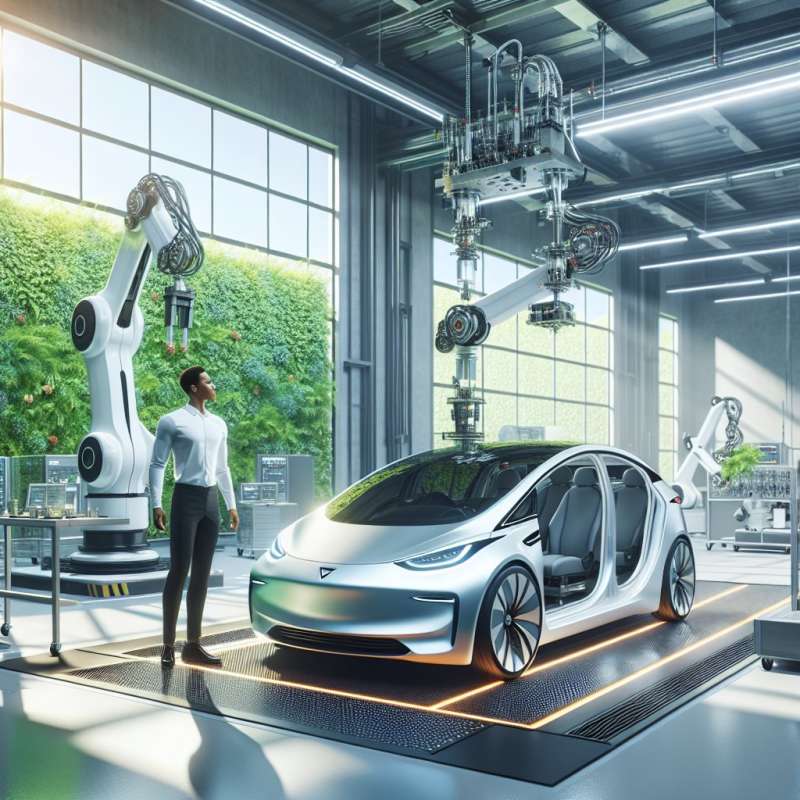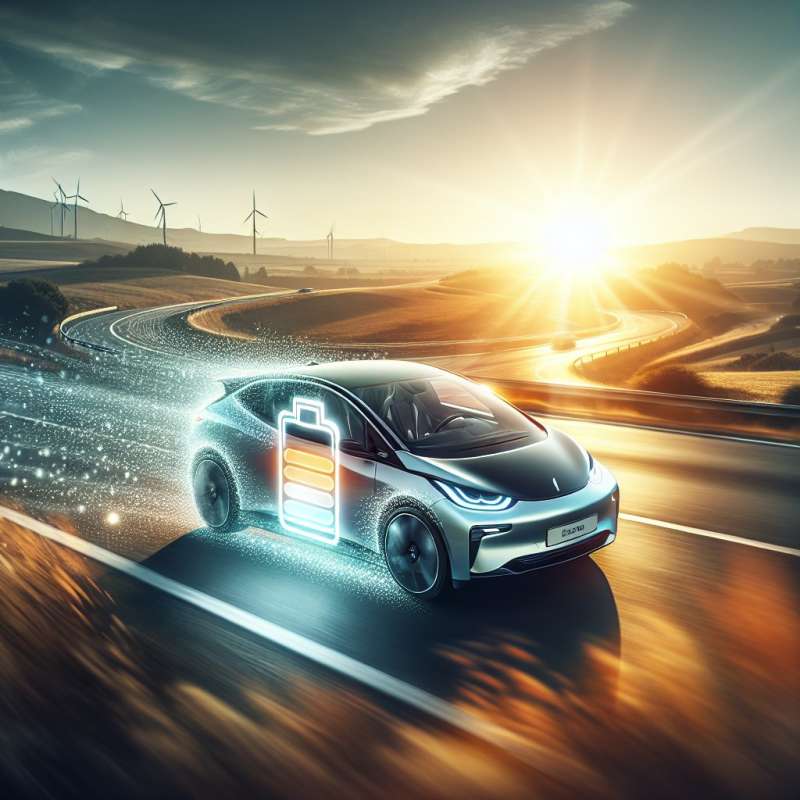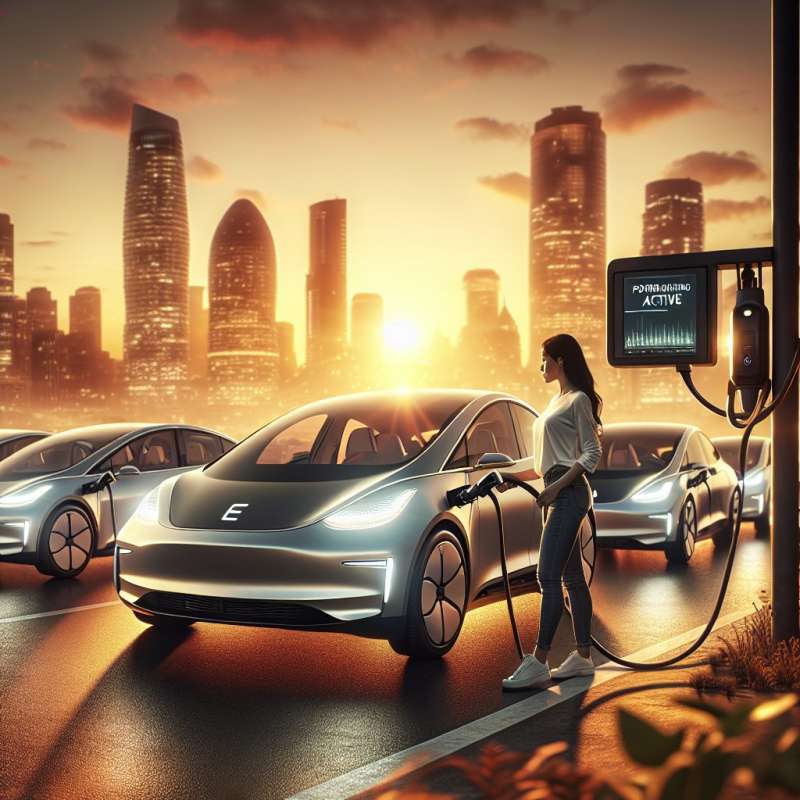
The First Electric Car
Believe it or not, the first electric car predates gasoline vehicles, debuting around 1832. Created by Scottish inventor Robert Anderson, it was a crude prototype, but it kickstarted electric vehicle development.
EVs Outselling Gasoline Counterparts
In the early 20th century, electric vehicles were more popular than gasoline cars, accounting for about a third of all vehicles on the road. They were preferred for their quietness and lack of pollution.
Wireless Charging Roadways
Innovations like the wireless induction charging while driving are on the horizon. Sweden and Israel have begun testing roads that charge electric vehicles as they drive over them, promising a future without charging stops.
Battery Swap Technology
Battery swap solutions, such as those developed by NIO, allow electric vehicle owners to replace depleted batteries with fully charged ones in minutes, challenging traditional refueling and reducing wait times dramatically.
Regenerative Braking Efficiency
Regenerative braking recaptures energy typically lost during braking, converting it into electricity. This can improve an electric vehicle's efficiency by as much as 70%, significantly extending its range.
Solar-Powered EV Breakthroughs
The latest solar-powered cars incorporate photovoltaic cells into the bodywork, enabling vehicles to charge even while parked. Prototypes suggest potential for significant range extensions, reducing reliance on charging stations.
EV Impact on Grids
Electric vehicles can act as mobile power storage, potentially stabilizing the electric grid. During peak demand, EVs could feed stored electricity back into the grid, helping to manage load and prevent outages.
Who created the first electric car?
Thomas Edison
Robert Anderson
Nikola Tesla
Company